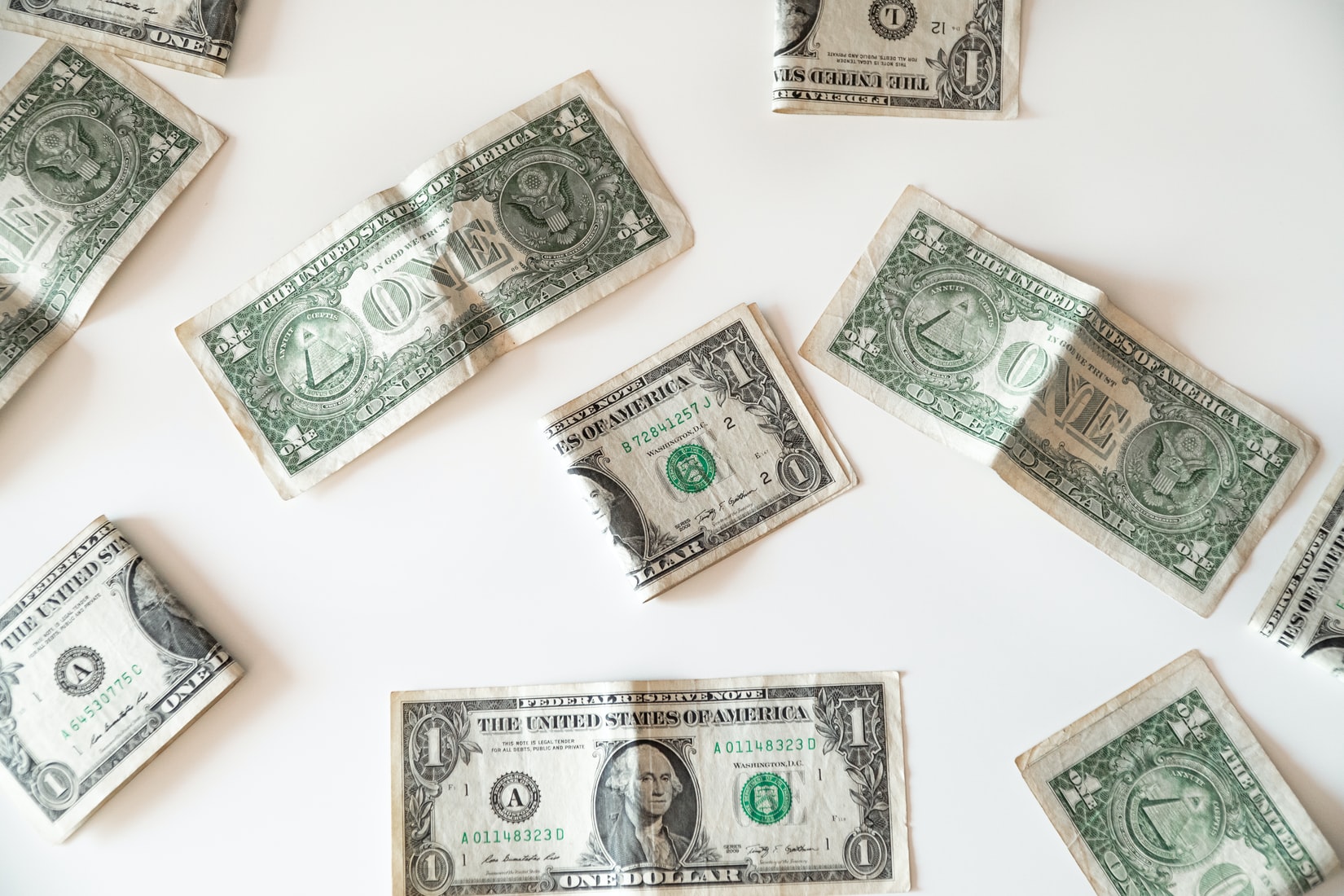
Responding to the COVID-19 Unemployment Crisis and Meeting the Future of Work Challenge
Summary
Due to technology’s disruptive force in society and on the labor force, voices representing business and state governments have recently emphasized the need to revisit the social contract among firms, employees, governments, and citizens. This need has only intensified with the COVID-19 pandemic. The economic emergency associated with the pandemic has left 21.5 million workers unemployed and an additional 11.5 million workers with reduced pay to date. Today’s unemployment numbers are far worse than during the 2008 Great Recession. Underscoring the racial disparity seen in this economic crisis, Black and Latinx workers are currently experiencing higher rates of unemployment than white workers.
The next president should immediately sign two Executive Orders (EOs) to address the current crisis in work and the urgent economic emergency that has left Americans evicted, unable to pay bills, make rent, or put food on the table. The first EO would modernize unemployment insurance nationwide by boosting state unemployment insurance programs. The second would establish a U.S. Future of Work Commission tasked with developing a new model of work that addresses the key challenges the Fourth Industrial Revolution presents to American workers today.
FAS is invested in seeing more students gain science and technology skills and enter STEM careers, both for students and for our country’s competitive advantage.
By investing in the mechanisms that connect learning ecosystems, policymakers can build “neighborhoods” of learning that prepare students for citizenship, work, and life.
Early-career and out-of-state teachers tend to be most heavily concentrated in Alaska’s rural schools, where they face a steep curve in adjusting to a new way of life while learning the ropes of teaching.
The next administration should establish a national, federally-funded initiative to develop a robust and diverse pipeline of STEM talent.